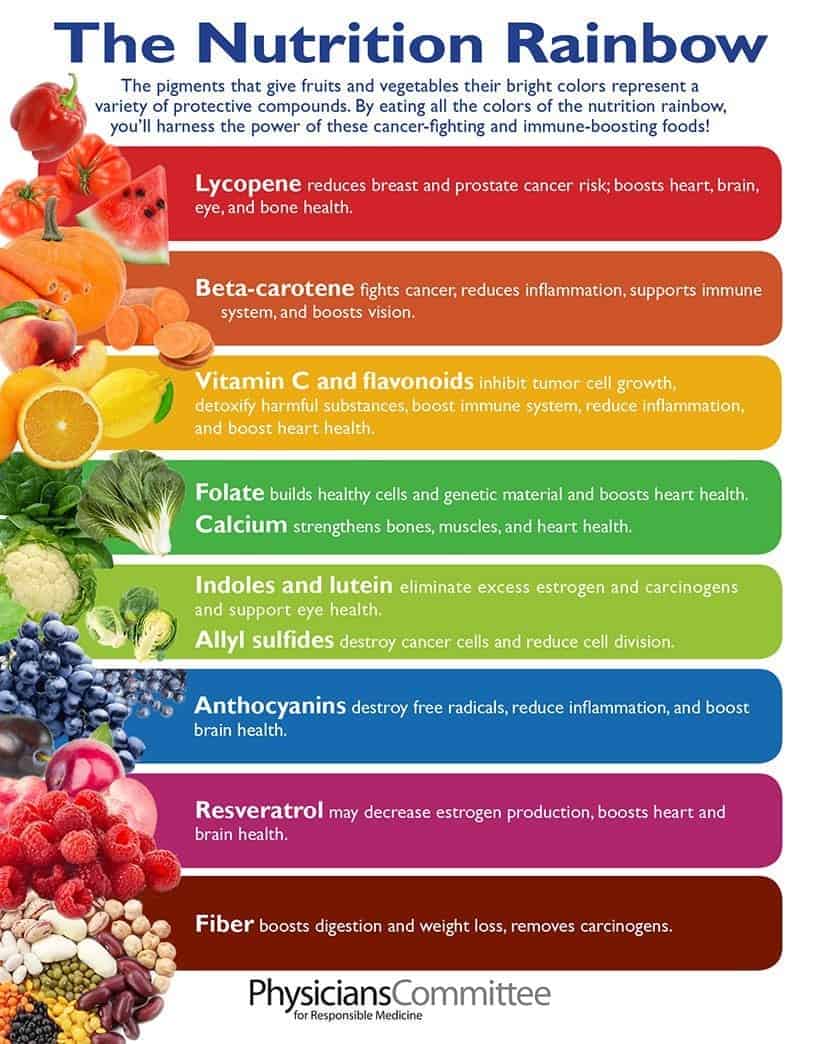Say No To Sugar This Halloween For Your Health
We’ve talked about this before on our blog and we will continue to because sugar is slowly but surely, killing us. The video above is from the organization, Sugar is Killing Us, and they have made it their mission to educate more people on all problems with sugar. While Halloween is a fun holiday and candy is the focal point of trick or treating every year, we have to find a better way. You don’t have to completely eliminate all candy on Halloween, but you need to figure out a way to get rid of most of it. Below are a couple tips for helping you get the family on the same page this year and in the future.
1. Feed The Family a Healthy Meal Before Trick or Treating
An easy way to keep the kids and yourself from eating too much sugar and candy this Halloween is to serve up a healthy meal before trick or treating. The theory here is to get everyone full so they are not super hungry when the candy starts pouring in.
2. Consider Removing At Least 50% of Your Candy Haul
This could be hard and it may feel wasteful, but it’s best for everyone. Try taking 50% of your family’s candy and donating it to your dentist or an accepting organization. Dentists like to take candy donations for gift cards or service discounts to help encourage healthier eating.
Pro tip: If you are going to have a time getting the candy away from kids, consider buying it back with cash or toys…kids will typically fall for it :)
3. Provide Healthy Alternatives to Candy
This tip is definitely a challenge because as we know kids love their candy. Try engaging with non-food treats like toys, stickers, temporary tattoos, etc. You can also create some cool, healthy treats with fruits and vegetables that get your family excited.
Just Say No to Sugar This Halloween
Take the tips and use them to your advantage. Your family may not love you at first but they will thank you in the long haul. Sugar is toxic to our bodies and we have to do something to reverse the trends of chronic diseases. If anything, we hope this video and article at least makes you think about sugar more this Halloween. Have a great holiday!




